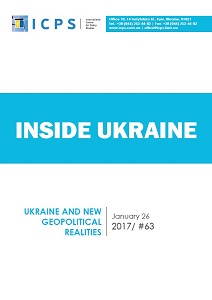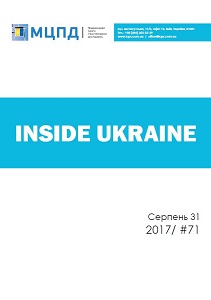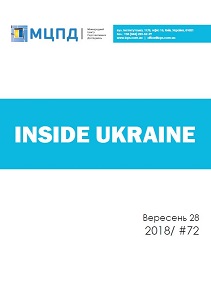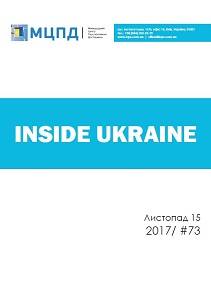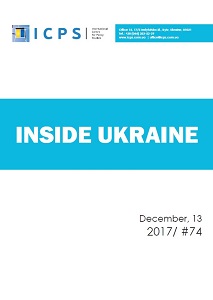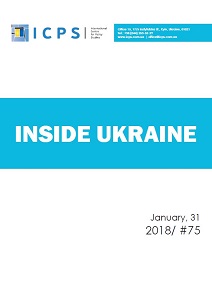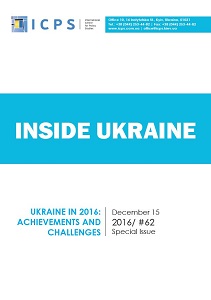
Inside Ukraine, № 2016 - 62 (Special Issue)
Inside Ukraine, № 2016 - 62 (Special Issue)
Public Policies: Implementation of reforms in 2016: achievements and failures // Economic Analysis: Economic trends and forecasts for 2017 // Political Competition: The analysis of risks and opportunities for development of the political situation in 2017 // Foreign Policy: Outcomes of Ukraine’s foreign policy in 2016
More...
